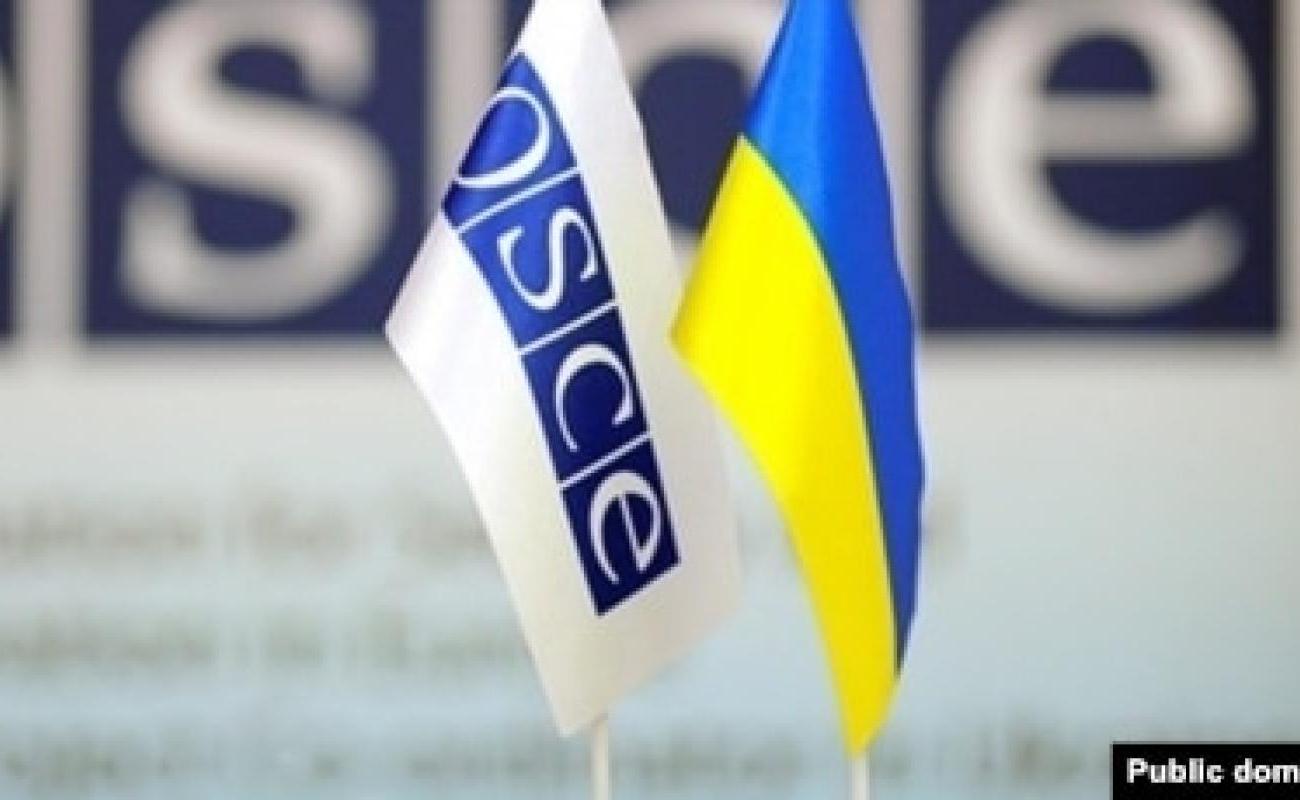It started in Crimea. What did the special OSCE mission uncover about the deprivation of freedom of Ukrainian citizens by Russia?

The OSCE Special Monitoring Mission conducted a study on the arbitrary deprivation of freedom of Ukrainians since 2014 and during Russia's war against Ukraine since February 2022, documenting war crimes and crimes against humanity committed by Russian authorities. How many people have been subjected to unlawful deprivation of liberty since the beginning of the armed conflict, what conclusions have been drawn by international experts, and what is the practical use of these studies - read in the material by Krim.Realnosti.
Who conducted the investigation and how?
On February 29th of this year, 45 member countries of the OSCE initiated the activation of the Moscow Mechanism – a special mission of experts to address a very critical issue in the field of human rights. It's named the Moscow Mechanism because in 1991, a document outlining the goals and rules of such missions was signed in the Russian capital. Before Russia's invasion of Ukraine, this mechanism had been used only eight times, and then an additional four times in Ukraine since the beginning of the Russian invasion.
The mission comprised three experts: Czech professor Veronika Bílková, as well as Dr. Cecilia Hellestveit from Norway and Dr. Elīna Steinerte from Latvia. Their mandate focused solely on the arbitrary detention of Ukrainian citizens by Russian authorities, specifically within the context of the armed conflict. According to procedure, the expert group had only three weeks to assess the situation and present their findings. Simultaneously, prior to commencing their work, the mission sent a letter offering cooperation to Ukrainian and Russian diplomats. The Ukrainian side provided full cooperation, but the Russian side did not respond to the letter.
As part of the situation assessment, the mission members examined over 80 documents related to arbitrary detentions and conducted more than 40 interviews with victims, witnesses of these events, and human rights defenders. Additionally, during their visit to Kiev, the experts met with Ukrainian officials whose activities are related to the study topic, and they visited several sites of illegal detention and torture in Bucha.
Thousands of cases.
As stated in the report, the exact number of Ukrainian civilians arbitrarily detained by the Russian Federation remains uncertain. The Ukrainian Parliament Commissioner for Human Rights office reported approximately 1,700 cases of arbitrary detention of Ukrainian civilians by Russian authorities since 2014, with the majority of these cases occurring after the start of the Russian invasion in 2022. Ukrainian civil society organizations working on this issue have also confirmed that the number is in the thousands.
Experts emphasized that the lack of access to the territories temporarily occupied by the Russian Federation makes it difficult to obtain reliable data. The assessment is further complicated by the stance of Russian authorities, who provide information on the fate of Ukrainian civilians "barely, inadequately, and fragmentarily."
It is noted that there is no system for recording and reporting the presence of Ukrainian civilians detained by Russian authorities, as envisaged by international law. As a result, the number of "confirmed" Ukrainian civilians held in detention at the behest of Russian authorities varies significantly.
Characteristic of the policy
The report mentions several times that arbitrary detentions have been documented since the occupation of Crimea in March 2014.
"Although specific detention methods vary somewhat depending on the region, the general pattern of arbitrarily imprisoning a large number of Ukrainian civilians, both in the initial and prolonged phases of occupation, remains unchanged and appears to be a definitive characteristic of Russian Federation policy in the temporarily occupied territory," state international experts. The authors of the report summarize that the majority of Ukrainians are detained arbitrarily during the armed conflict—without justification or respect for procedural guarantees.
The mission notes that the practice of arbitrarily depriving Ukrainian civilians of their liberty is widespread and shows signs of systematic, consistent, and intentional behavior. Based on this, experts believe that those involved in the arbitrary detention of Ukrainian civilians, including military personnel of the Russian Armed Forces or representatives of the occupying authorities, are committing the war crime of "unlawful deprivation of liberty" and crimes against humanity.
What's next
The experts' recommendations to immediately halt the arbitrary detention of Ukrainians and unconditionally release all previously detained individuals are not binding. However, the significance of the event lies in the fact that this is the first official conclusion of an international body regarding the repression of civilian population in the occupied territories. This is no longer an analysis by public organizations, nor a position of a party in the conflict, but an objective analysis of the situation by the largest regional organization in the world dealing with security issues.
These conclusions become a serious argument in further international work, from discussions on new sanctions to changes in the developed mechanism for compensating for the damage caused by the aggressor state. And, of course, the main hope of Ukrainian society is that the report will serve as a reason to issue new warrants from the International Criminal Court, as has already happened after the activation of the Moscow Mechanism on the topic of forced displacement or deportation of Ukrainian children. Shortly thereafter, The Hague issued a warrant for the arrest of Russian President Vladimir Putin and his children's rights commissioner Maria Lvova-Belova.
These possibilities were hinted at by the experts themselves in their report: "Determining specific individuals to be prosecuted on these grounds (war crimes and crimes against humanity) is entrusted to judicial authorities operating at the national or international level, including the International Criminal Court."
